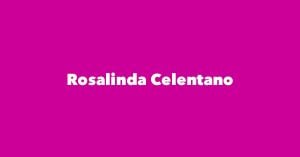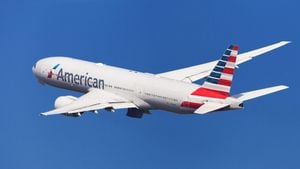Recent statements from Russian officials reveal the stringent conditions under which foreign companies, particularly Western brands, may be allowed to return to the Russian market. Speaking to journalists, Denis Manturov, Russia's first deputy prime minister, highlighted the necessity of establishing operations within specific territories, including Crimea and regions such as Donetsk and Luhansk, as part of their reintegration strategy.
"We have one unified territory of the Russian Federation with unified rules and approaches," Manturov stated, underscoring the expectation for Western brands to comply without creating loopholes. The automobile industry, which has faced numerous challenges due to sanctions, was framed by Manturov as "ambivalent," indicating the complexity of simply re-entering the market after previous exits.
Continuing on the topic, he reflected, "It's not going to be so easy for car manufacturers to return, just as easily as they left. We have good memories, and we won't make such decisions lightly." His comments suggest significant skepticism toward swift re-entries without clear advantages for domestic production.
On the aviation front, Manturov assured reporters of prioritizing domestic aircraft acquisition for Russian airlines when resuming supplies of foreign aviation equipment. "We will definitely find some compromise solutions: to design relationships so Russian airlines primarily purchase domestic aircraft after certification," he noted, indicating the government's preference for homegrown solutions.
Previously, discussions surrounding the return of Western brands intensified following conversations between President Vladimir Putin and U.S. President Donald Trump on February 12. This was part of a series of dialogues aimed at addressing the Ukraine conflict and addressing economic impacts. These discussions are considered pivotal as they marked the beginning of broader talks about potential investments back from Western corporations.
By February 20, President Putin took decisive steps to evaluate the terms for foreign companies’ return. He instructed the government to carefully strategize this process, emphasizing the need for Romanian manufacturers to have advantages over foreign competitors, but still within the framework of the World Trade Organization (WTO).
Deputy Prime Minister Alexander Novak reinforced this sentiment, asserting any returns would only transpire under favorable conditions for Russia. "We must act purely based on our national interests," he stated, highlighting the importance of protecting local producers who have filled gaps left by exiting Western brands.
Maxim Reshetnikov, the Minister of Economic Development, corroborated these positions, noting Western companies are currently examining possibilities for re-engagement with the market. Nonetheless, he emphasized the prioritization of Russian businesses, citing their previous substantial investments. "People are placing their money, and they expect some predictability. It’s important to us not to let these investments go to waste," he explained, indicating the government’s careful consideration of foreign business reintegration.



